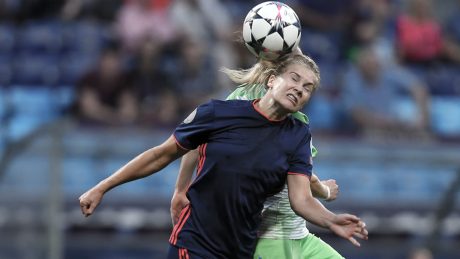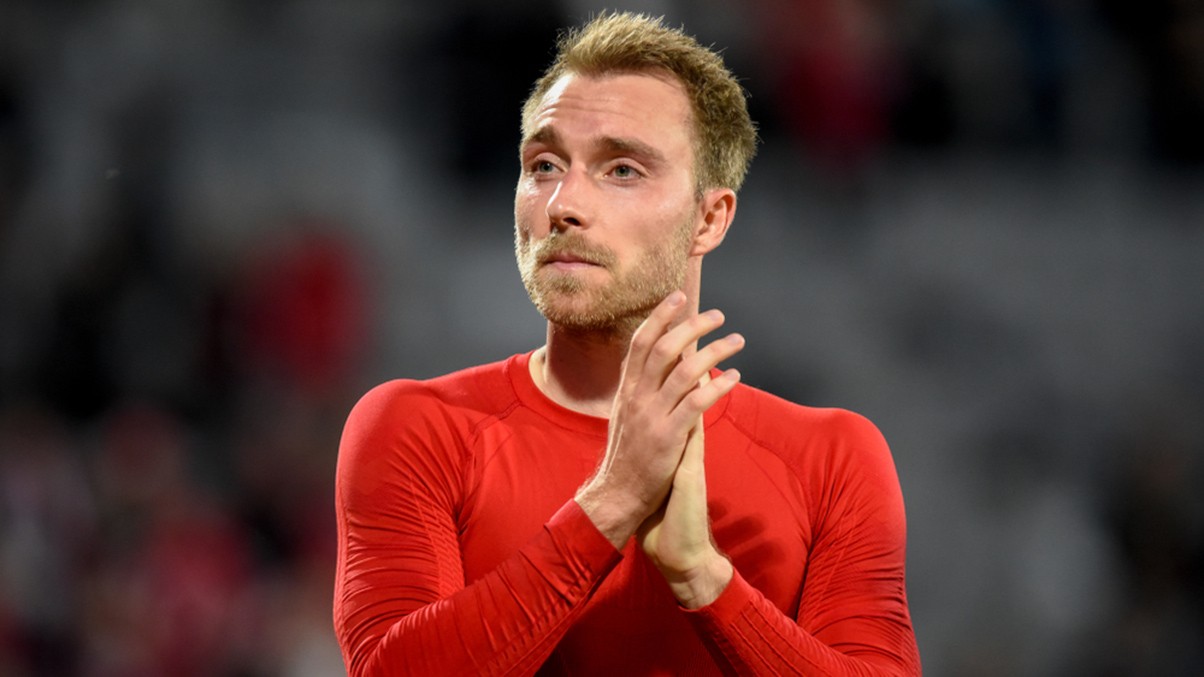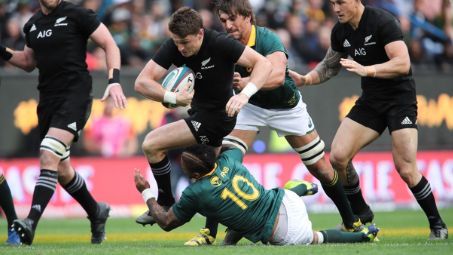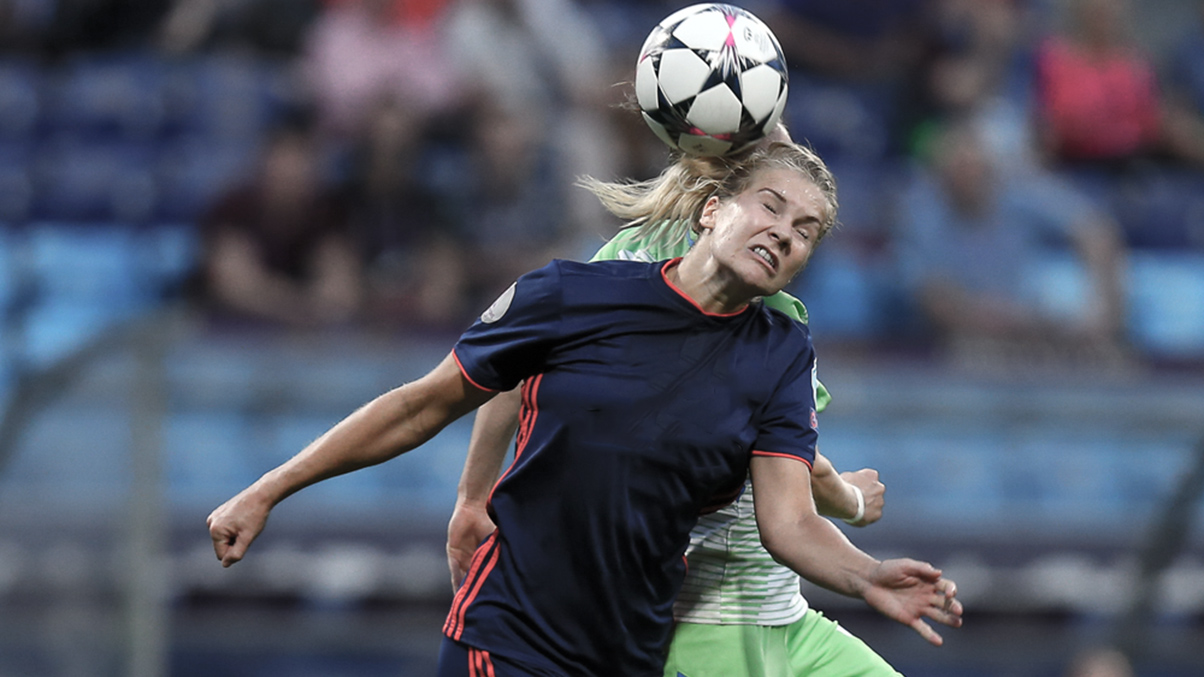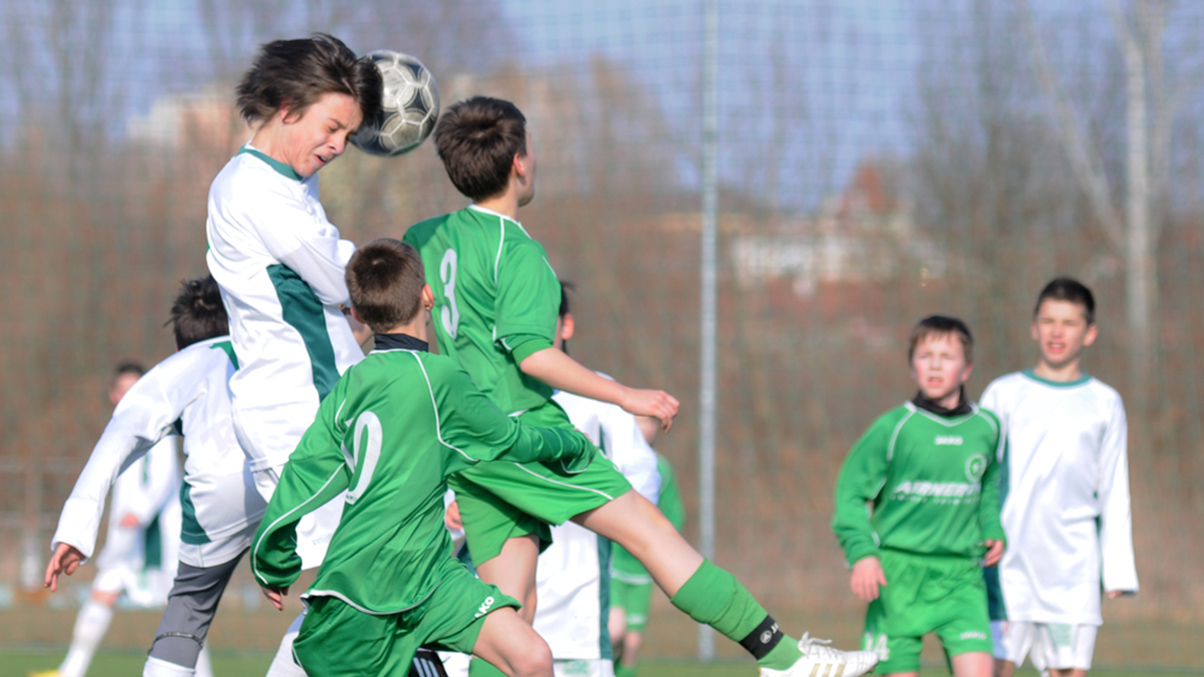The House of Commons Digital, Culture, Media and Sport Committee recently issued a report titled ‘Concussion in Sport’. It highlights that while no sport is entirely without risk, there are currently insufficient UK-wide measures in place to prevent, recognise and monitor acquired brain injury in sport. Ben Townsend reviews the committee’s findings.
The problem
‘Concussion in Sport’ was published by the Digital, Culture, Media and Sport Committee (“the committee”) on 15 July 2021. It identifies that the devolution of responsibility to the individual national sporting governing bodies has led to fragmented management of preventing, treating and monitoring acquired brain injury in sport.
Despite the advantage of enhanced medical oversight available to professional athletes, the committee found that clear, overdue improvements need to be made in both grassroots and professional sports.
The committee also found a distinct lack of awareness of the problems surrounding concussion, particularly at the grassroots level, where most injuries are likely to occur.
The evidence
In recent years, the long-term effects of neurological issues in sport have become more widely acknowledged due to the incidence of dementia in sporting heroes. By far the most high-profile sport affected in the UK is football, closely followed by rugby. Notably, five of England’s World Cup 1966 winning team have developed dementia.
There is currently limited scientific evidence to show a causal link between dementia and sporting activity. However, it is clear there is a risk of developing dementia or sustaining an acquired brain injury due to participation in sport.
In 2020, a study was carried out jointly by the Football Association and Professional Footballers’ Association called “Football’s InfluencE on Lifelong health and Dementia risk” (FIELD). This was the first peer-reviewed research to find a correlation between professional football and an increased risk of dementia. This research was possible thanks to Scottish record-keeping relating to footballers who had experienced neurological disease in later life. The House of Commons Committee acknowledged that the lack of evidence surrounding concussion and brain injury in sport is not due to a shortage of research in this area but partly because of a lack of record-keeping across the board.
Academics from Newcastle and Durham Universities have commented upon the lack of independent research into rugby injuries and the difficulties faced when trying to secure funding. Certain research bodies have taken the lead in this area: the Drake Foundation has pioneered scientific studies into head injuries in sport, building upon research into an increasing number of US cases of chronic traumatic encephalopathy in former sports players. The Drake Foundation has launched the HEADING study, of which Gareth Southgate is a participant, with the aim of uncovering associations between a history of heading a ball and neurodegenerative disease.
The scientific evidence surrounding concussion in sport is limited. A better picture is required of what happens in the brain after injury and how this might lead to neurodegenerative disease in later life. However, despite the ongoing research in this field, the committee expressed surprise in its report that there is no cohesion within UK sporting bodies when it comes to this research.
Recommendations
In the report, the committee makes several recommendations aimed at both grassroots and professional sports:
- Development of an NHS programme to ensure head trauma is properly recorded, the frontline is properly equipped, and the best advice is available both immediately after trauma and long term
- UK Sport should pay for a medical officer to ensure the safety of participants at every major sporting event, including powers to prevent at-risk athletes from competing
- The Health and Safety Executive (HSE) should “take a more proactive engagement with injuries in sport to drive up standards.”
- Implementation of a central government fund to incentivise engagement with sport to ensure greater transparency and coordination of research and resources
- Establishment of a UK-wide minimum standard definition for concussion to be used and adapted in all sports
Risk vs reward
The Alzheimer’s Society has reflected on the concerns of experts that the headlines linking playing football to dementia may have a negative effect on participation in all sport. While there is an apparent risk that head injuries in sport may lead to an increased risk of dementia, it is acknowledged that footballers, for instance, tend to be fitter and healthier than the general population, which may lead to a reduced risk of dementia.
The FIELD study found that footballers, on average, live three years longer than non-footballers. It also found that while footballers were three times more likely to die of a neurodegenerative disease, the health benefits of exercise meant they had fewer instances of heart disease, lung disease and cancer.
In the 2015 paper “Sporting Future”, the government redefines success in sport by concentrating on the key five outcomes of “physical wellbeing, mental wellbeing, individual development, social and community development and economic development”. The committee confirms in its report that although acquired brain injury needs to be taken seriously in sport, the evidence shows that the overall health benefits from sporting activity can reduce the risk of dementia in later life.
The future
The committee’s report urges the UK government to take real-time action and “grasp the nettle” to ensure the issue of concussion in sport is properly addressed. The clear message is that there should be centrally managed resources available to allow cohesive research and data-sharing. The committee acknowledges that while it will never be possible to ensure sport is 100 percent safe, participants should be aware of the risks, and these risks should be properly managed.
This article was co- written by Senior Paralegal Emily Ryan.
You can find further information regarding our expertise, experience and team on our Personal Injury pages.
If you require assistance from our team, please contact us or alternatively request a call back from one of our lawyers by submitting this form.
Subscribe – In order to receive our news straight to your inbox, subscribe here. Our newsletters are sent no more than once a month.

